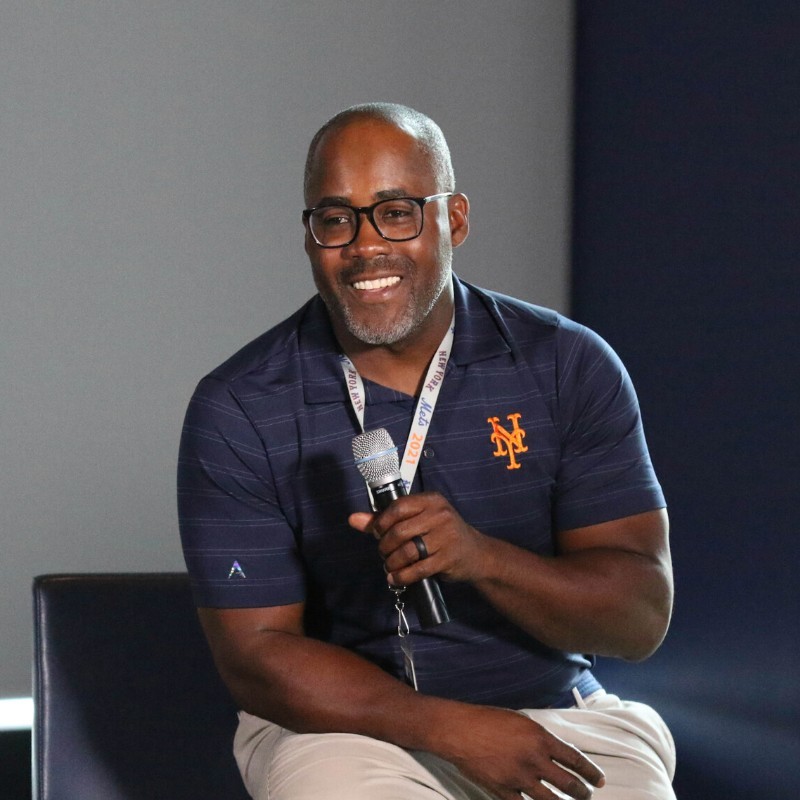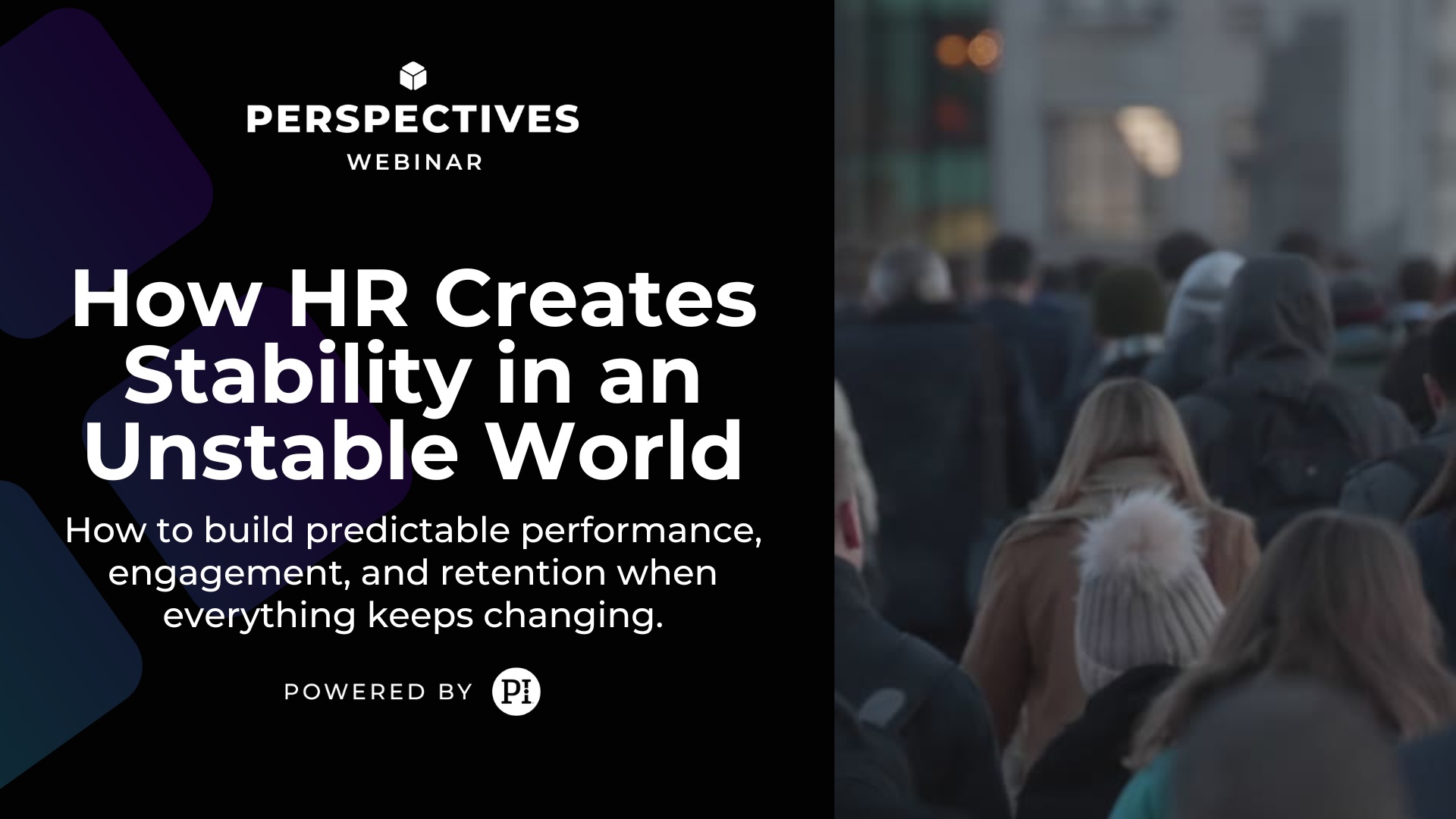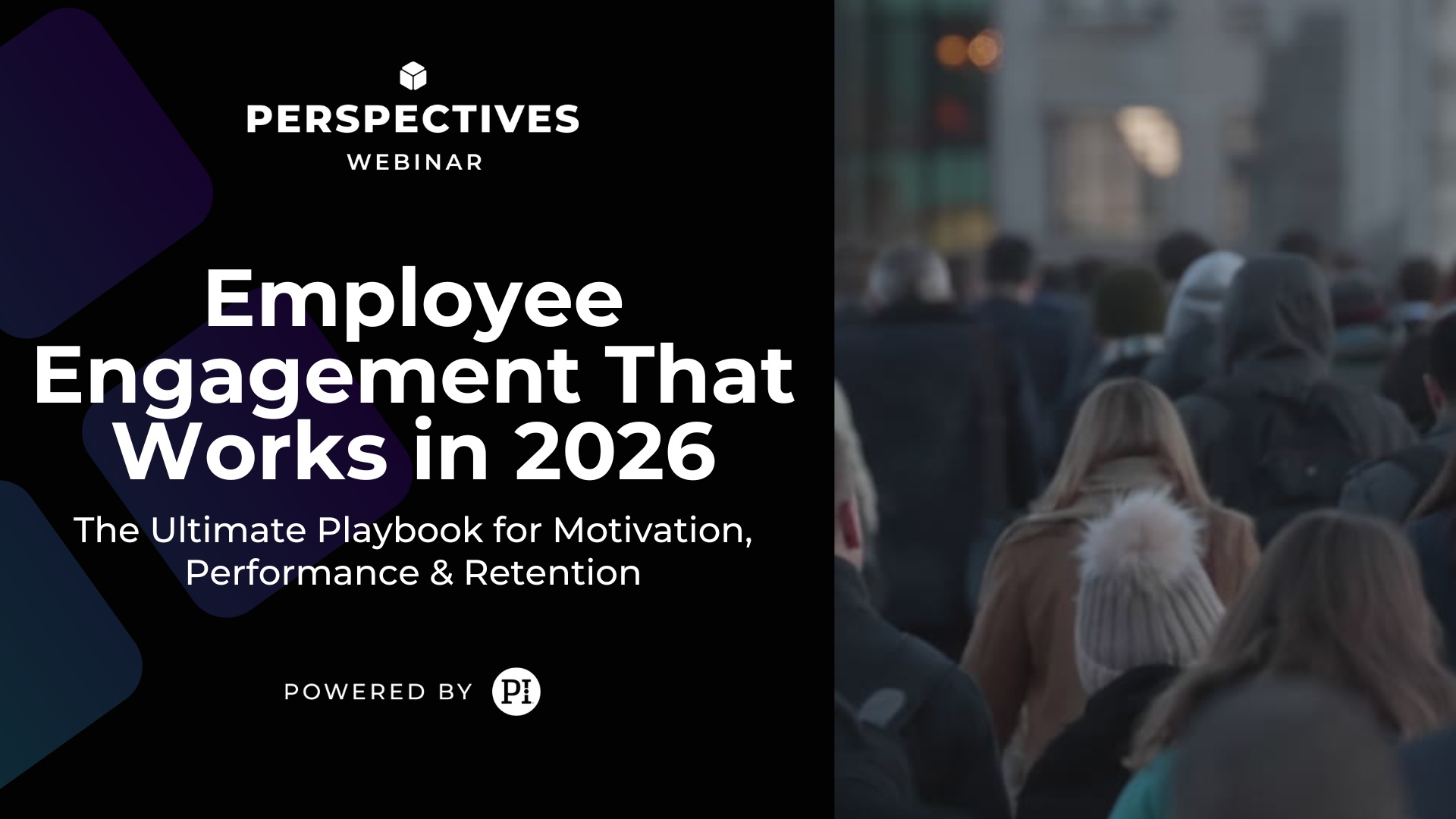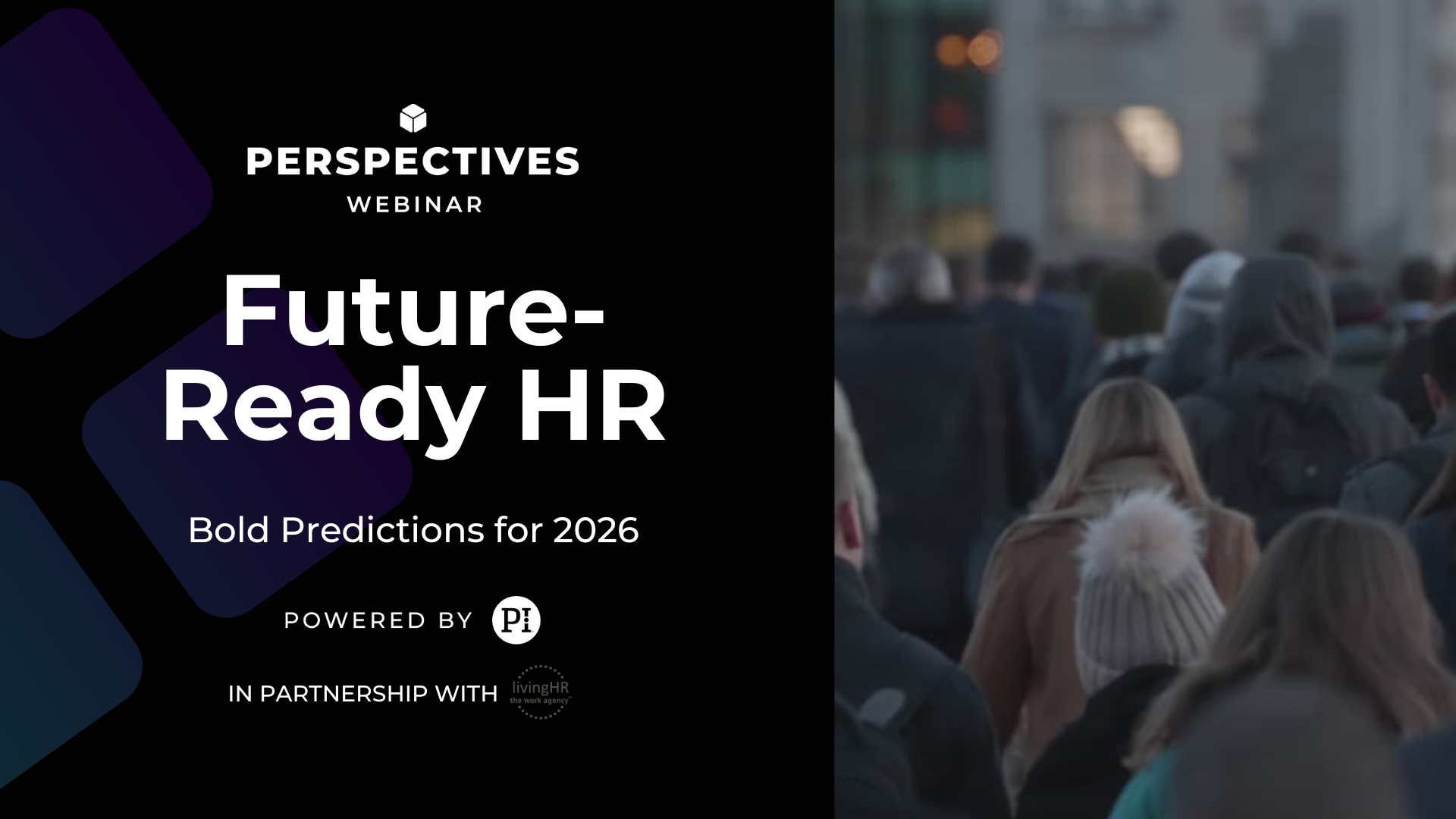Perspectives: “Are You Even Listening?”
The Critical Role of Employee Voice in Organizational Performance
Well, are you?
A blog shared by Gallup says, “one of the fastest ways to destroy workplace morale is to ask employees their opinions about it, then ignore their answers.” Read that again.
Far too many organizations ask their employees for feedback, giving the organization a glimmer of hope that there will be change, and the days, weeks, and months go by… with no change.
Management is likely not actively dismissing the employees’ voices, they simply don’t know what to do with it.
In this session, you will hear from a diverse group of experts and:
- Learn the #1 mistake leadership teams make when it comes to employee feedback
- Identify new techniques to understand the employee experience (hint: surveys aren’t enough!)
- Discover why failing to meet employee expectations is BAD for business
Bonus for our live attendees… tune in live for 1 SHRM PDC!
Panelists

he/him
Sr. Director DEI and Player Relations,
New York Mets

she/her
Program Manager, Change@Work,
The Predictive Index

she/her
Founder and President,
Predictive Advisors

he/him
VP, Enterprise Solutions,
The Predictive Index

Hema Crockett, she/her
Co-Founder, Gig Talent

Jackie Dube, she/her
SVP of People Operations
Explore other episodes

Perspectives: How HR Creates Stability in an Unstable World
How to build predictable performance, engagement, and retention when everything keeps changing. Employees are standing on shaky ground, and they know it. After years of chasing purpose and perks, today’s workforce is sending a clear signal: “We need stability more than we need ping-pong tables in the break room.” Recent research from Perceptyx and Deloitte…

Perspectives: Employee Engagement That Works in 2026
The Ultimate Playbook for Motivation, Performance & Retention With AI disruption, economic uncertainty, shifting expectations around flexibility, and rising burnout, employee engagement is a mission-critical issue in organizations today. Teams are being asked to do more amid constant change, and while many organizations are investing in engagement, they’re still seeing “quiet disengagement,” lower discretionary effort,…

Perspectives: Future-Ready HR
Bold Predictions for 2026 The workplace is shifting faster than ever, and HR’s role in this transformation isn’t optional—it’s essential. We’re moving from transactional support functions to strategic architects of the future of work. This is HR’s moment to lead the conversation. While executives focus on quarterly results and operations teams manage daily workflows, HR…